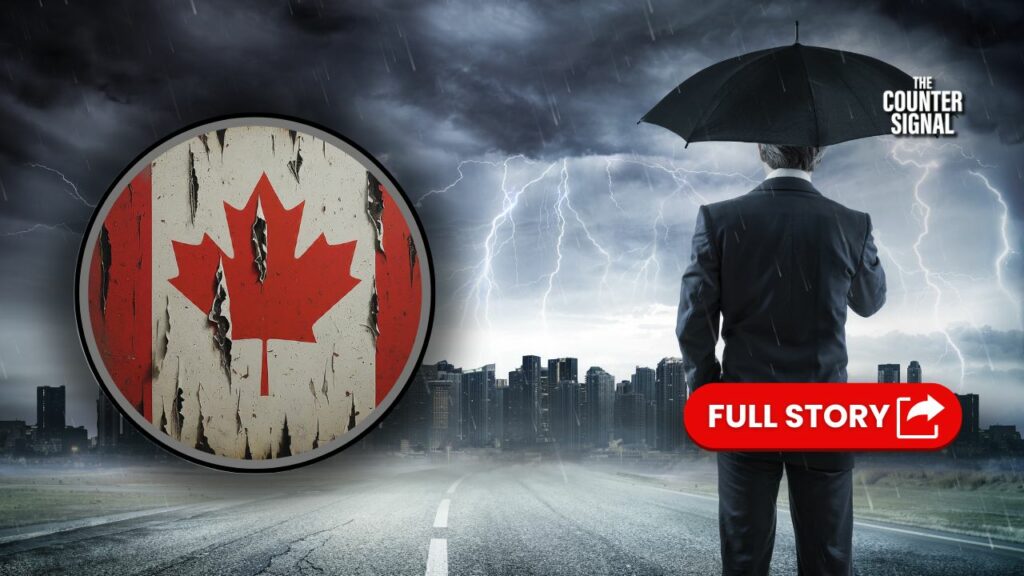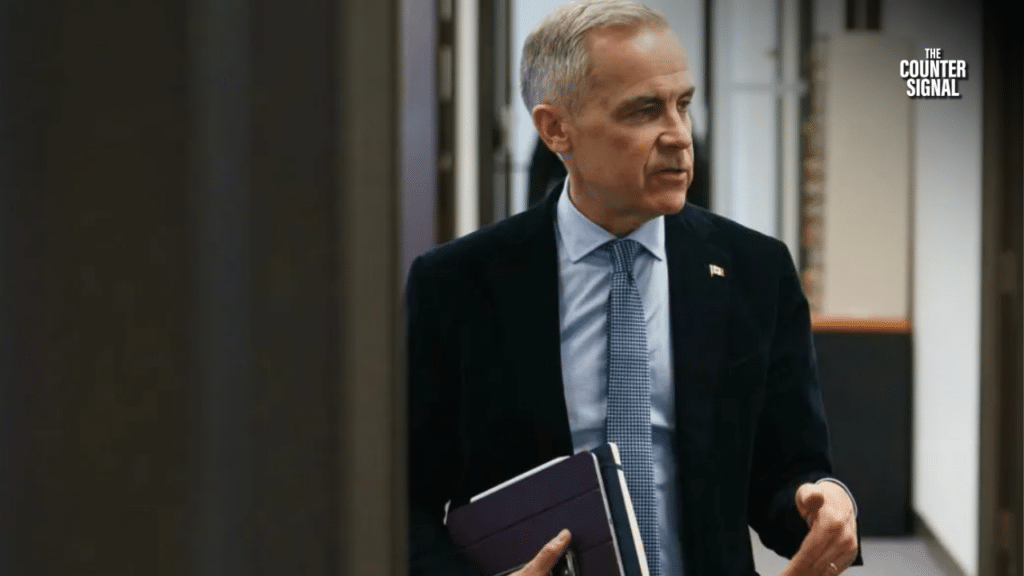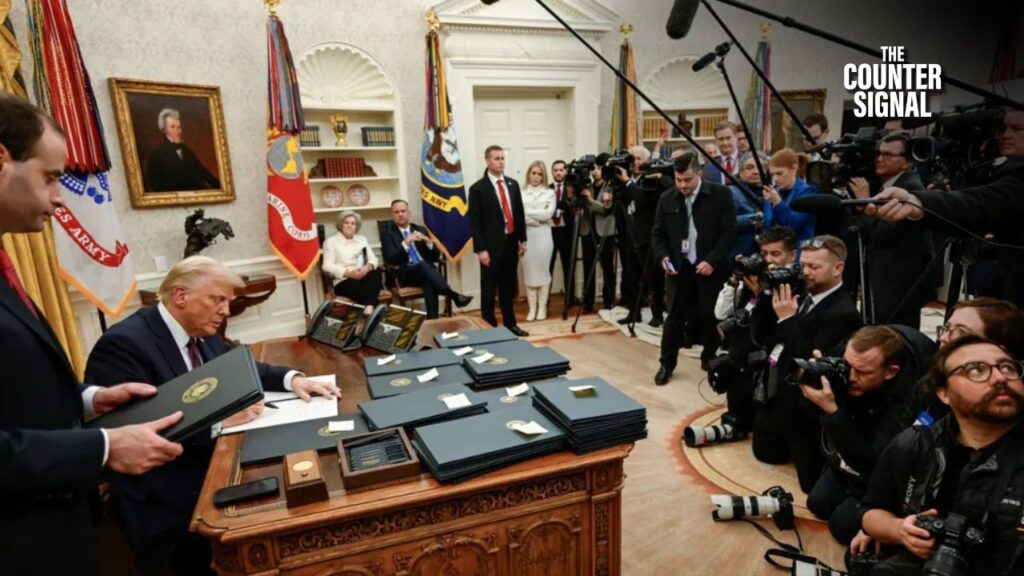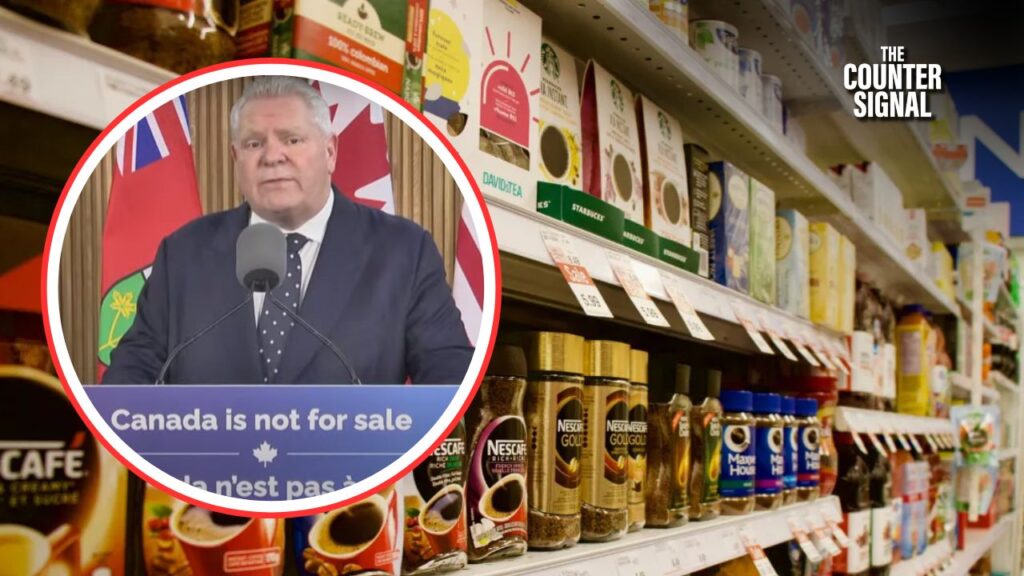A new study from the Fraser Institute shows that Canada’s standard of living will soon be the lowest it has been since 1985.
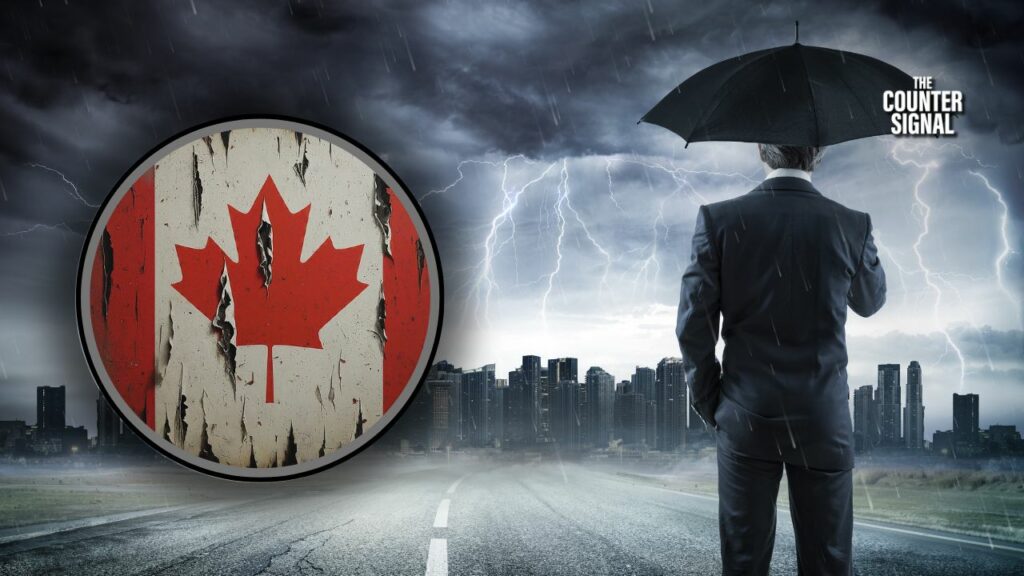
According to the study published yesterday, Canadians are currently experiencing the second-longest and third-steepest decline in living standards in the last 40 years, overshadowed only by the declines in 1989–1992 and 2008–2009. However, today’s decline is unique in that it seems there’s no end.
As the study notes, while the GDP of Canada as a whole may have grown, changes in per-person inflation-adjusted GDP (i.e., income) are a better indicator of the standard of living over time.
Data included in the study from Statistics Canada reveals that income levels have remained practically stagnant since Trudeau took office in 2015, completely erasing the general upward trends of previous administrations, and are set to continue to decline.
“Despite claims to the contrary, living standards are declining in Canada,” said Fraser Institute policy analyst Grady Munro.
In fact, from April 2019 to the end of 2023, inflation-adjusted per-person GDP declined from $59,905 to $58,111 (3%), showing Trudeau’s utter inability to mitigate economic damage from the lockdowns that he imposed.
A decline unlike any other
According to the report, the only declines that were worse than the current decline were those seen between 1989 and 1992 (-5.3%), during a major recession that led to the resignation of PM Brian Mulroney, and 2008 and 2009 (-5.2%), during the US housing crash.
However, as the report details, the biggest difference between the previous declines in per-person GDP and what Canadians are experiencing today is that there has been no real recovery.
“The experience following Q2 2019 is unlike any decline and recovery since 1985 because, though per person GDP recovered for one quarter in Q2 2022, it immediately began declining again and by Q4 2023 remains below the level in Q2 2019,” the study reads.
According to executive VP Jason Clemens, “The severity of the decline in living standards should be a wake-up call for policymakers across Canada to immediately enact fundamental policy reforms to help spur economic growth and productivity.”
Unfortunately, though, Trudeau has so far proposed no solution to Canada’s woes, refusing to cut back on spending, which the Bank of Canada states is driving inflation.
And unlike Brian Mulroney, Justin Trudeau has said that, despite criticism of him, he will not step down.
Thus, it looks like a solution to the current standard-of-living crisis won’t come until the next election in 2025 when PM Justin Trudeau is expected to suffer a historic loss.
